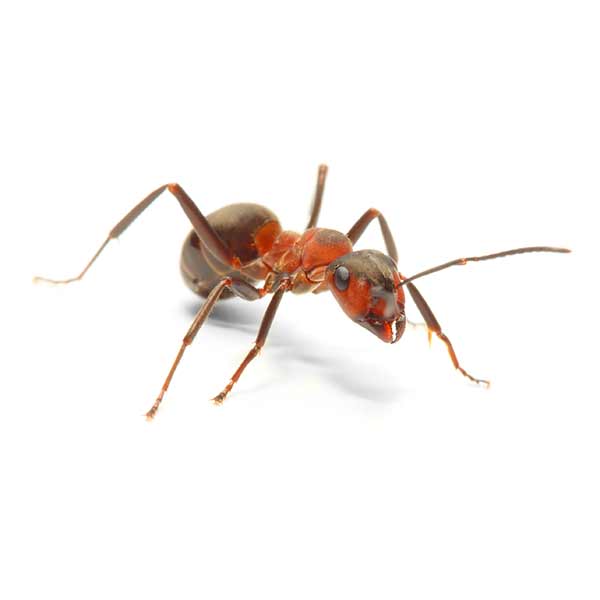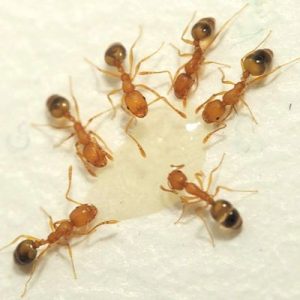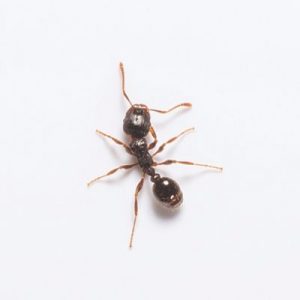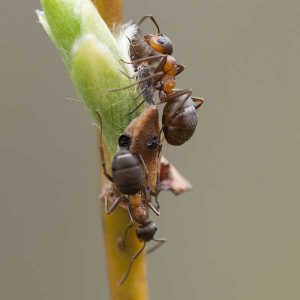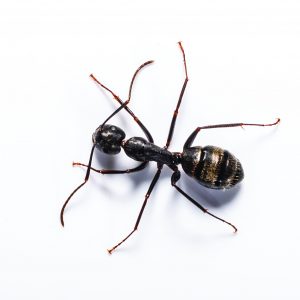Description
Thatching Ants in Spokane, WA and Coeur d'Alene, ID
Thatching ants are large, stocky ants with powerful jaws and large heads. Their name is derived from their habit of creating large mounds that appear to be thatched like a roof. While thatching ants tend to construct their nests out of stems and pine needles, they may also nest in decayed logs, housing thousands of ants for years. These ants primarily feed off of various insects including beetles, caterpillars, and moths. It’s also not uncommon to see several thatching ants struggling to bring a still-alive prey into their nest.
Thatching Ant Habitat
Commonly known as mound ants, thatching ants are notorious for constructing nests comprised of forest debris. Their mounds are distinguishable, large, and can be quite an eyesore for homeowners who find them on their property. When thatching ants aren’t in their constructed nest mounds, you can typically find them living in decomposing trees or soil.
Thatching Ant Behavior, Threats, or Dangers
Thatching ants are beneficial pests in the wild as they catch and feed on huge quantities of other insects. They also feed on the remains of larger dead animals. The way they burrow when building their nests is also helpful in that it aerates the soil and promotes water absorption. While thatching ants have a positive impact, you will want to keep your distance. These tiny pests are aggressive and will deliver painful bites, producing blisters on yourself or your pets. Furthermore, thatching ants also destroy the buds of fruit trees and devastate plants and seedlings. If you notice thatching ants or nests on your property, it’s best to contact a professional ant exterminator.
Need help with Thatching Ant control?
We'll call you! Leave your information below.

